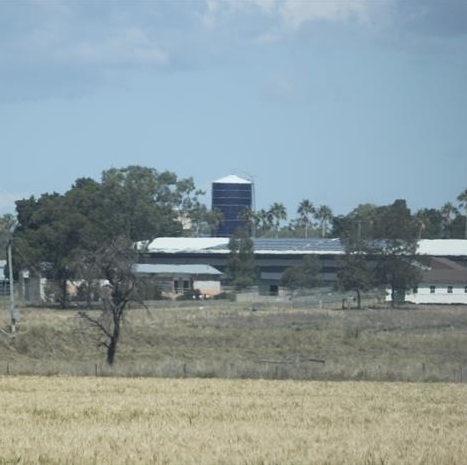
Is your farm or property Sustainable? Want a career in Sustainable Agriculture?
Sustainability in Agriculture has become increasingly important over recent times, as it has been realised that the profitability and longevity of a productive farm includes not just looking after the financial aspects but considering environmental factors as well.
This course will allow you to better understand the potential ways in which you can make your property more sustainable. Economic, commercial, marketing and production techniques are explored in a multifaceted way to help move a farm towards improved sustainability.
The course also covers information on:
-
Soil management
-
Water management
-
Land care and management, including the management of weeds, fire, trees, pests and disease.
-
Management Strategies
-
Selection of animals and plants